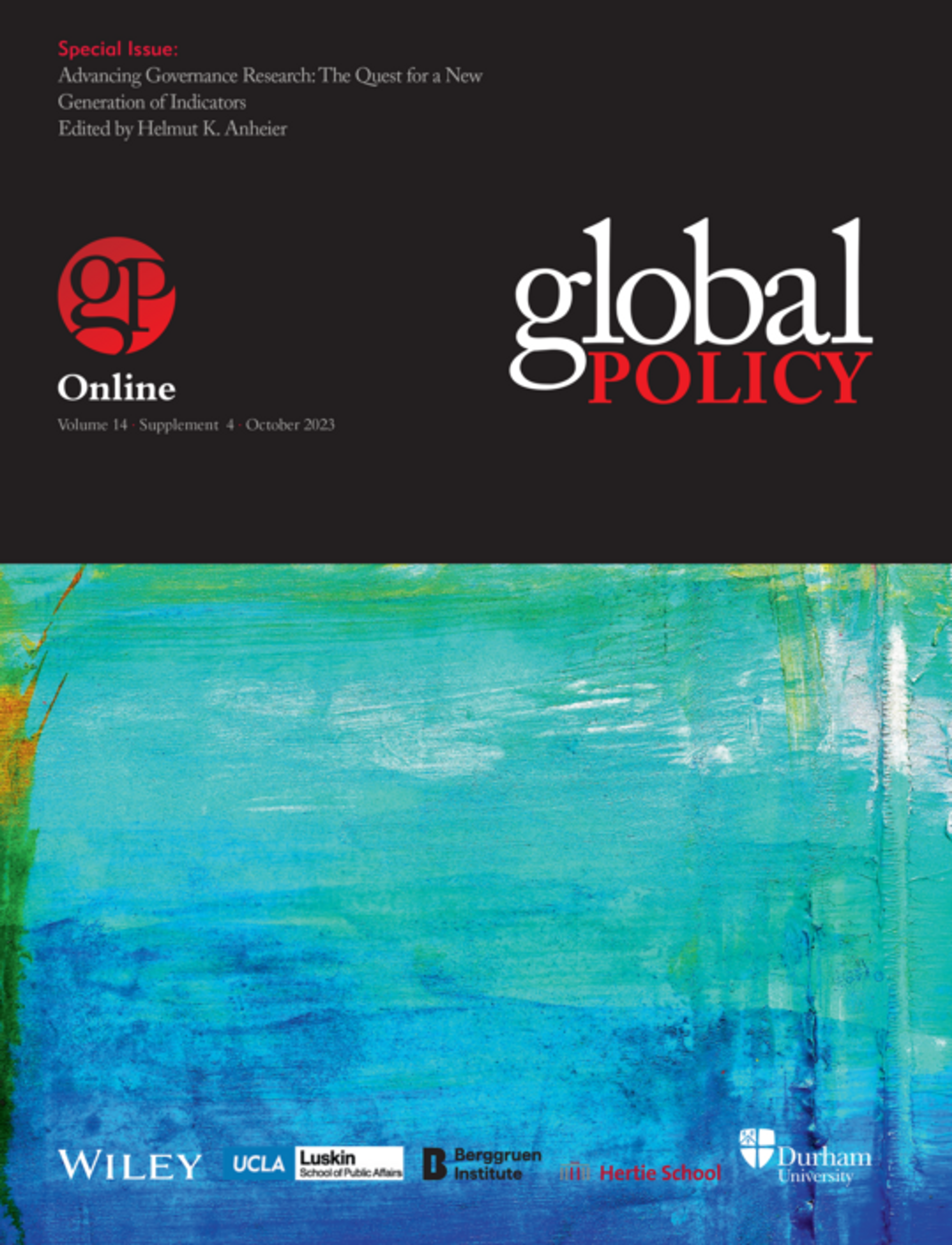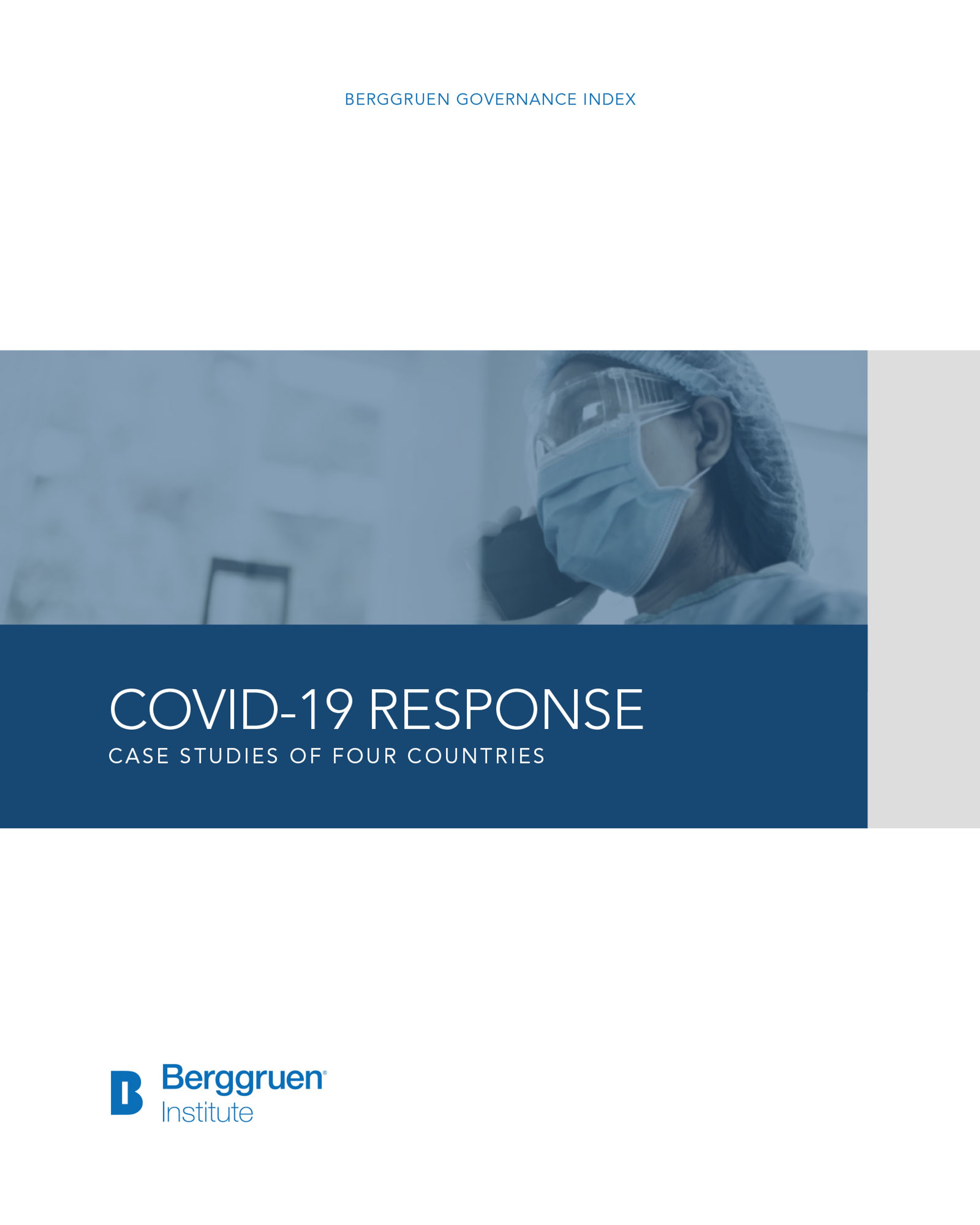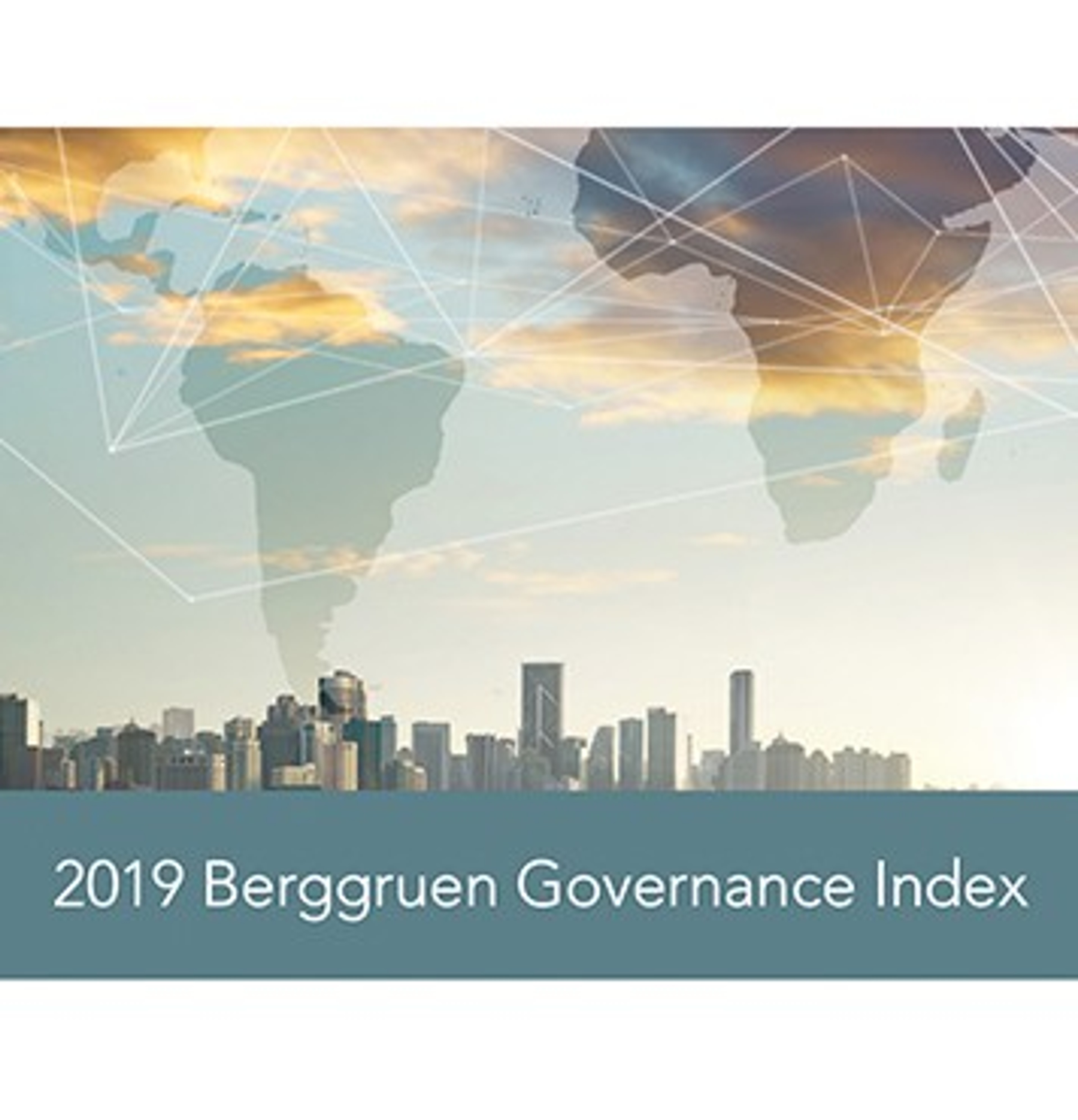Report Finds Declines in Accountability Among U.S., Asian Governments Since 2000
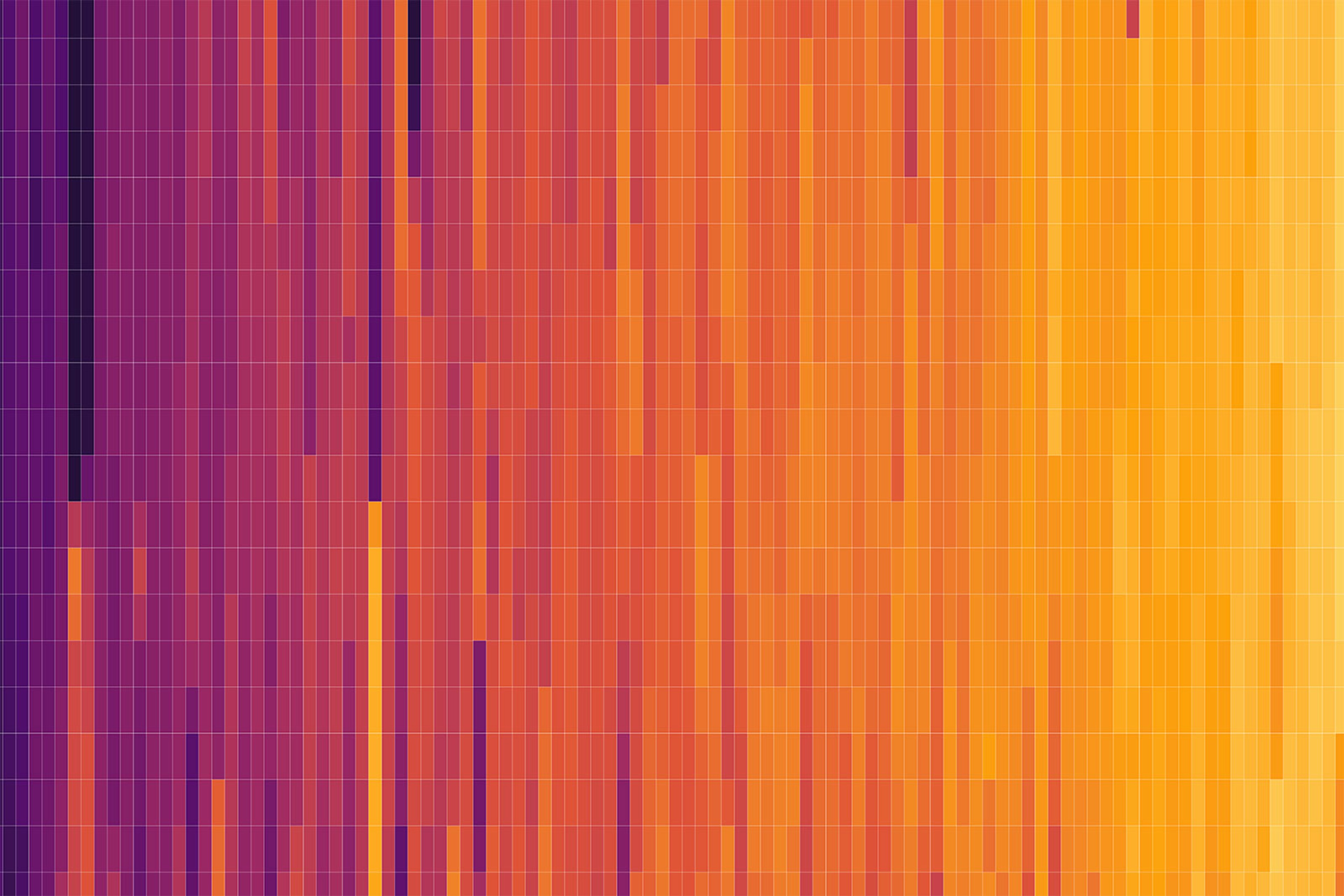
UCLA-published Berggruen Governance Index assesses quality of democracy, quality of life measures in 134 nations.
UCLA-published Berggruen Governance Index assesses quality of democracy, quality of life measures in 134 nations
A major analysis of world governments published by UCLA and the Los Angeles-based Berggruen Institute has found a dramatic drop in the quality of government and quality of democracy in the U.S. over the past 20 years.
At the same time, several African nations showed measurable improvements in their provision of public goods like education, health care and environmental protection.
The findings are from the 2022 Berggruen Governance Index, which is compiled by researchers from the UCLA Luskin School of Public Affairs and the Hertie School in Berlin. The index draws data from 2000 through 2019 from a range of sources — including the United Nations, research institutes and nongovernmental organizations — to evaluate 134 national governments across the world.
The researchers determine scores for each government on dozens of individual measures and then group findings into three overarching categories:
- Quality of democracy, which is based on the effectiveness of checks and balances between branches of government, and officials’ accountability to voters and society.
- Quality of government, which considers governments’ abilities to generate revenue, function administratively and execute policies.
- Quality of life, which takes into account governments’ ability to provide social, economic and environmental public goods.
“The Berggruen Governance Index presents a new approach to evaluating good governance,” said lead researcher Helmut Anheier, an adjunct professor of social welfare at UCLA Luskin and professor of sociology at the Hertie School. “Understanding the relationships among the accountability of governments to their people, the capacity of the state to act, and the successful meeting of public needs is crucial for understanding the present and future of governance across the world.”
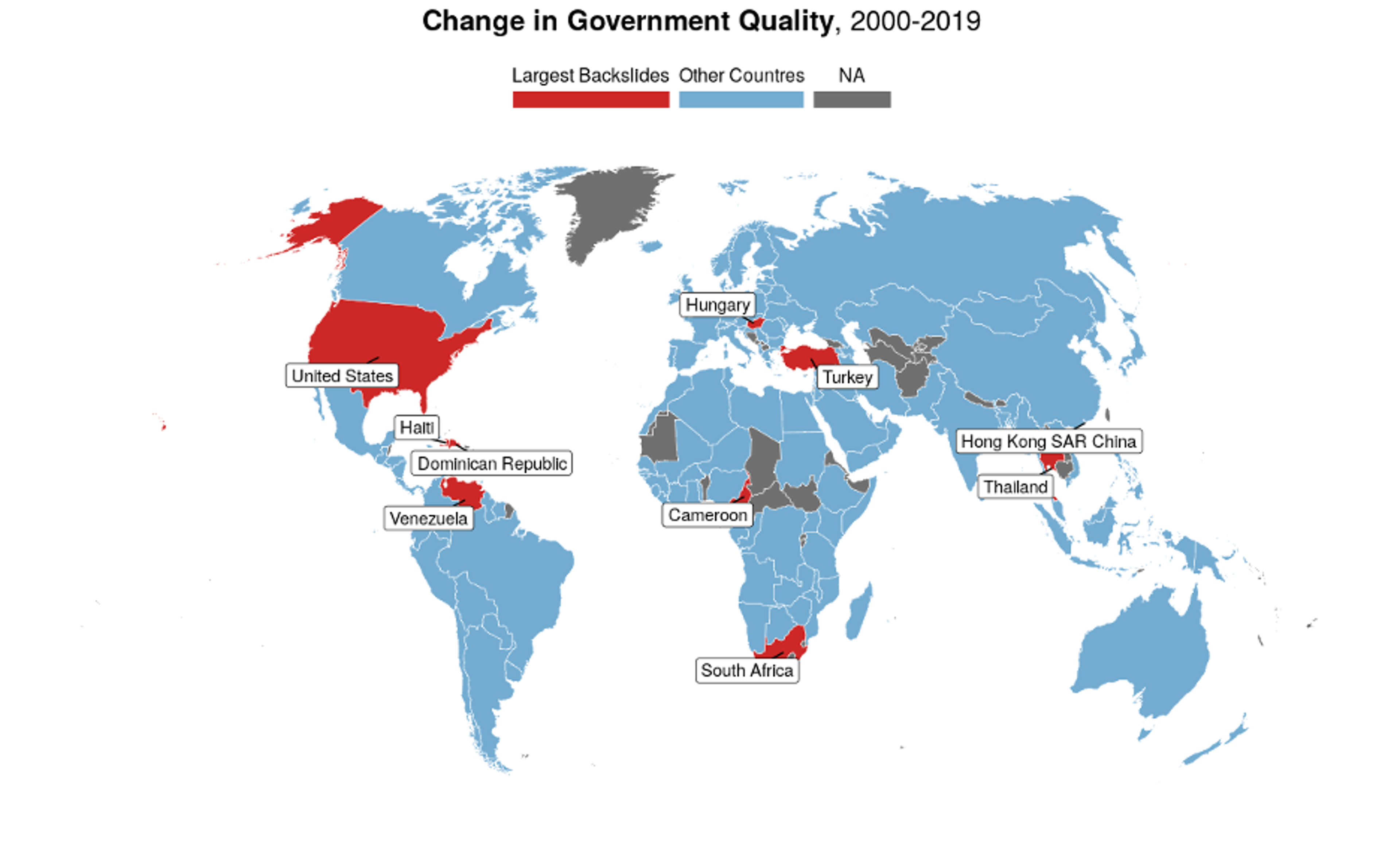
Among the other findings:
- Although the U.S. score for quality of government remains far above the global average, its decline on that measure since 2000 was one of the world’s largest, on par with declines in Haiti, Hong Kong and Hungary.
- The 10 countries with the greatest improvements in quality of life measures all are in Africa. However, as a whole, Africa still ranks well below other regions in terms of quality of life factors.
- Quality of democracy scores retreated in several Asian nations, including in Bangladesh, China, India, the Philippines and Thailand. Many nations in the Americas also saw declines in those measures.
Challenges in governance vary somewhat among the world’s major powers. The U.S. is the only Western power with a declining score for quality of government and quality of democracy, and its quality of life scores improved only slightly. In China, India and Russia, scores decreased for quality of democracy while figures for quality of government and quality of life remained steady or improved.
The Berggruen Governance Index is the only international study of governance quality that disaggregates the components of governance, rather than measuring countries in only one performance area. The approach enables analysts to assess the relationships among the various components of good governance, assessing how they affect one another over time. The researchers write in the report that good governance depends on achieving a “virtuous relationship” among the three dimensions they analyzed — what they call the “governance triangle.”
The entire analysis is published on the index’s website, where users can search and sort data.
“This index is a much-needed tool for policymakers and policy analysts to grasp how governance relates to social and economic progress in various political contexts,” said Dawn Nakagawa, executive vice president of the Berggruen Institute. “A better understanding of these relationships is particularly relevant as liberal democracies face increasing foreign and domestic threats from autocracy.”
The project’s lead researchers will unveil the index at UCLA at 10:30 a.m. on June 1. Admission is free, but registration is required. The event, which will also feature a panel discussion featuring UCLA experts on governance and public policy, will take place in the Grand Salon of Kerckhoff Hall, and an outdoor lunch will follow. (The proceedings also will be recorded and shared online in the days after the event.)
UCLA produces and disseminates the index thanks to a $3 million gift from the Berggruen Institute. Researchers plan to publish the next Berggruen Governance Index in 2024.

